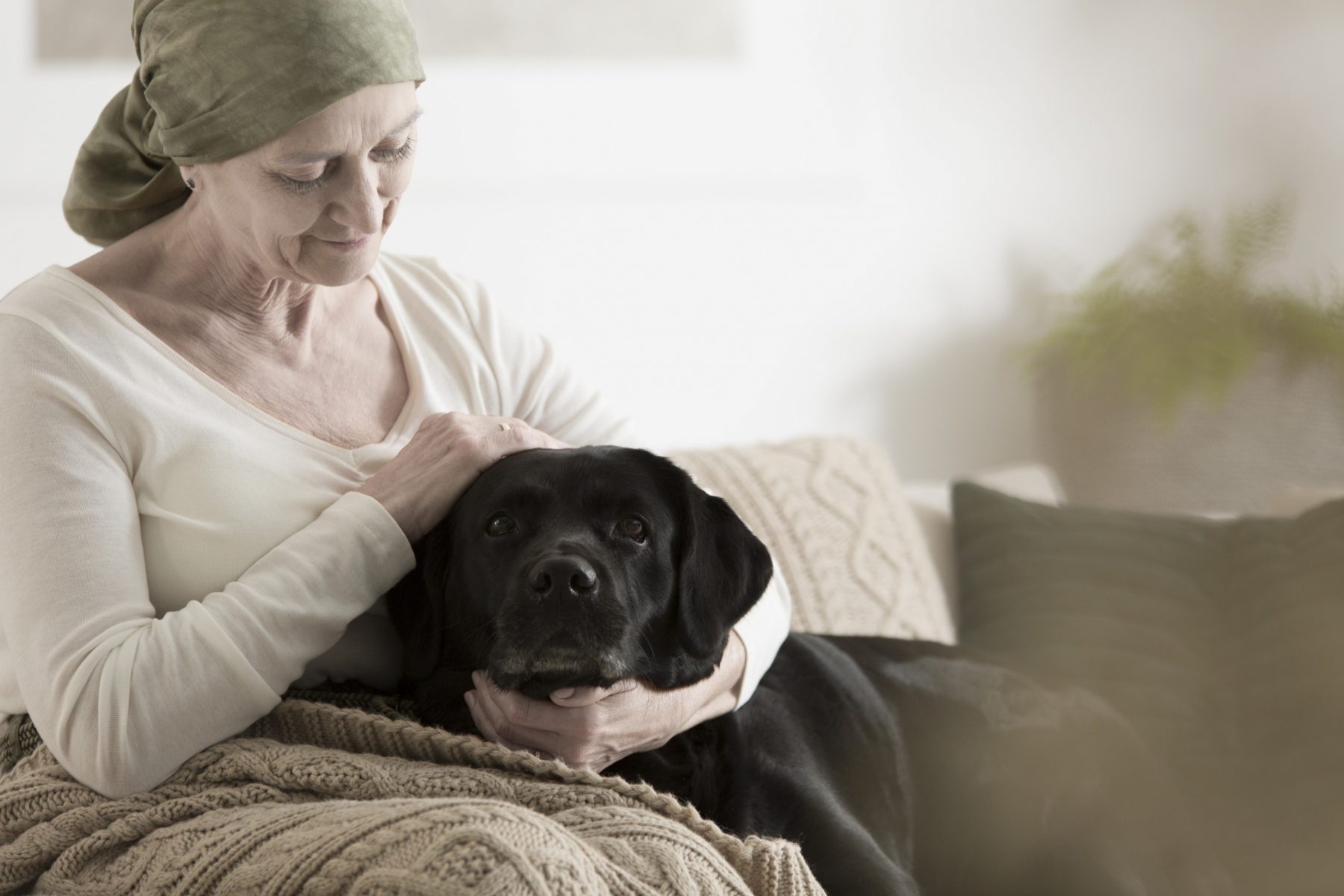When you take on any caregiver job, you desire to do whatever you can for your patient. If the patient is in pain, you want to give them relief. If the patient is sad, you want to bring them joy. Sometimes, it can become challenging to find ways to provide these things to the patient. One thing that can help many ailments is bringing in a service dog for your patient.
What is a Service Dog?
The definition of a service dog can vary from state to state, but in general, a service dog is a dog that helps patients calm themselves, brings joy, and helps alleviate some pain. The dog itself may not provide pain relief in a directly physical way, but just having the dog around and the dog bringing a smile to the patient’s face can do wonders.
There are service dogs of many different breeds, so you can help your caregiver agency or other in-home care providers find one that fits your patient best. Even if they are allergic to animal fur, you will be able to find a hypoallergenic friend for your patient.
Does the Service Dog Have to Live With My Patient?
No! Some service dogs are owned by the patients they serve, but some agencies will bring their dogs to the patient. These are the dogs that you frequently see in hospitals and nursing homes. They are commonly seen in the dementia wing working with dementia caregivers, as they bring a gentleness that only a pet can provide.
Dementia patients often have difficulty remembering where they are, who they are, or what they are supposed to be doing. This can be very scary. Having a designated time for a service animal to come by can help build a routine that can feel safe and provide a safe outlet for the dementia patient.
Helping a patient overcome their ailments can at times look different than typical caregiver jobs. If you assist a patient in either getting a service dog of their own or setting up a time for a visit, you are serving them well as their dementia caregiver. Do not lose heart if you feel that you do not see progress. Progress can take time and patience, but you will be able to see a positive change soon.
How Can a Service Dog Help?
A service dog for dementia patients must be of a calm and sturdy temperament. This temperament will help the dog calm around its owners and assist their owners in remembering to do things like taking their medications. Service dogs can also assist in opening and closing doors, picking up dropped items, and helping guide a patient.
The biggest thing a service dog can do, though, provides peace of mind for the patient, their families, and those of us who fill the caregiver jobs surrounding them. The adage says that it takes a village to raise a child, but it also takes a village to care for those with a disease such as dementia.
What Can I Do to Assist?
As a dementia caregiver, you are already doing the best thing you can do for your patient, and that is to continue caring for them and their families in their time of need. Suppose, in talking with your patient, their family, and your caregiver agency; you determine that your patient would benefit from a service dog. In that case, you can seek outside sources to find the right service dog for the situation. Many places specialize in training service dogs, and your particular caregiver agency will be able to get you and your patient in contact with one that is local to you.
Above all, your support is what will help the most when you are a dementia caregiver. It can often be a lonely and scary time for patients and their families when they begin to navigate the disease. Being there for them will help ward off any fears of being left alone or forgotten.
Caregiver jobs can be demanding, especially when you are a dementia caregiver. If you feel as though you need more direction, there are things you can do to increase your effectiveness as a dementia caregiver, such as using patient communication. Above all, TLC Homecare needs you to assist us in filling open caregiver jobs. Contact us today and see how you can help.
